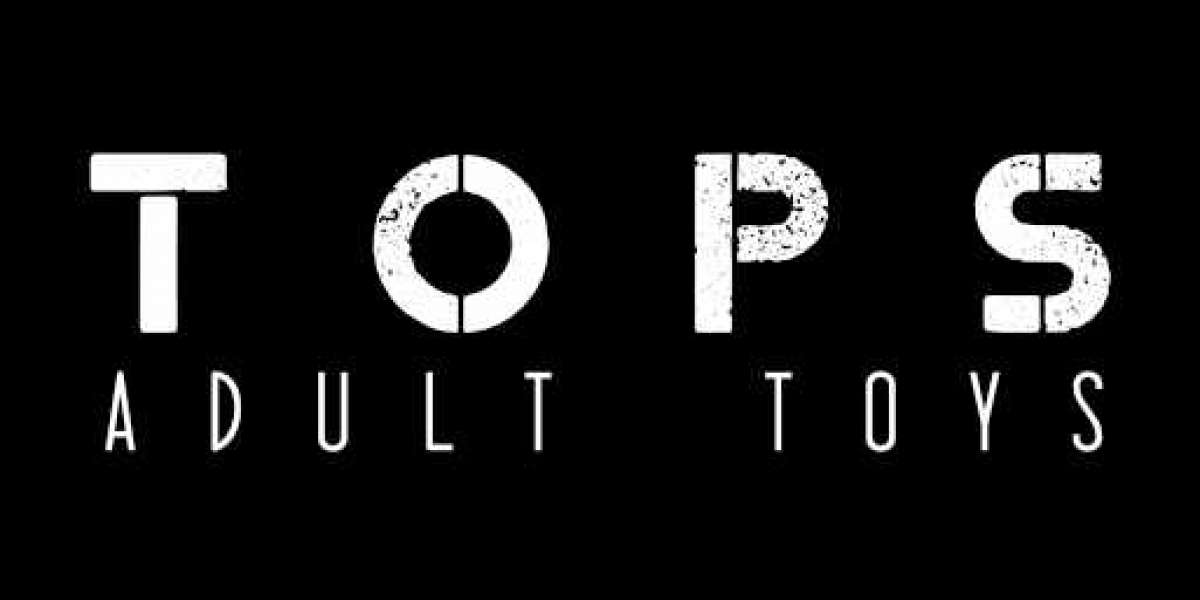Mental Health Assessment Questionnaires for Research: A Comprehensive Overview
Mental health is a pressing problem in modern society, leading scientists and clinicians to develop various tools aimed at examining mental health conditions. Mental health assessment questionnaires have actually ended up being a staple in both clinical practice and research, helping with the evaluation of emotional, psychological, and social aspects of a person's well-being. This post supplies a comprehensive introduction of mental health assessment questionnaires, their significance, types, and their function in research.
The Importance of Mental Health Assessment Questionnaires
Mental health assessment questionnaires serve several vital functions in research and clinical settings. Understanding their significance can help underscore their worth:
- Standardization: These questionnaires supply a standardized technique to examine mental health, ensuring consistency in evaluating symptoms across different populations and settings.
- Early Detection: They help in identifying mental health issues early, allowing for prompt intervention and treatment.
- Outcome Measurement: Researchers make use of these tools to determine the effectiveness of healing interventions by documenting modifications in participants' mental health over time.
- Data Collection: Mental health questionnaires help with the collection of quantitative data, allowing scientists to evaluate patterns and reason based upon statistically significant findings.
Types of Mental Health Assessment Questionnaires
There are different kinds of mental health assessment questionnaires, each designed to examine particular mental health conditions or issues. Below are a few of the most typically used questionnaires in research:
| Type of Questionnaire | Description |
|---|---|
| Self-report questionnaires | These questionnaires need people to assess their own frame of minds and symptoms, such as the Beck Depression Inventory (BDI) and the Generalized Anxiety Disorder 7-item (GAD-7) scale. |
| Structured interviews | These include a trained interviewer who asks established questions to the respondent, like the Structured Clinical Interview for DSM-5 (SCID). |
| Behavioral assessments | These focus on observing and tape-recording habits, often utilized in conjunction with self-report tools to offer a comprehensive view of mental health. Examples include the Child Behavior Checklist (CBCL). |
| Cognitive assessments | Tools like the Montreal Cognitive Assessment (MoCA) step cognitive capabilities and screen for cognitive disability connected with mental health conditions. |
| Diagnostic questionnaires | These are particularly created to assist in identifying mental health conditions, such as the Patient Health Questionnaire (PHQ-9) for major depression. |
Detailed Overview of Select Questionnaires
Beck Depression Inventory (BDI): A self-report questionnaire measuring the severity of depression. It consists of 21 products, each explaining a specific symptom or attitude associated to depression.
Generalized Anxiety Disorder 7-item scale (GAD-7): An extensively used tool to assess the severity of generalized anxiety disorder. It consists of 7 questions that focus on the frequency of anxiety signs experienced over the previous two weeks.
Patient Health Questionnaire (PHQ-9): This questionnaire is utilized to detect major depressive disorder and display treatment response. It consists of nine questions based on the diagnostic requirements for depression.
Hamilton Anxiety Rating Scale (HAM-A): A clinician-administered questionnaire that evaluates the intensity of anxiety signs based upon physical and psychological signs.
Mini International Neuropsychiatric Interview (MINI): A short structured diagnostic interview for DSM-IV and ICD-10 psychiatric disorders. It's typically utilized in clinical trials and research settings.
Using Mental Health Assessment Questionnaires in Research
The implementation of mental health assessment questionnaires in research requires numerous avenues:
Design and Methodology
- Pilot Studies: Before widespread use, researchers might conduct pilot studies to assess the reliability and validity of a questionnaire in a particular population.
- Sample Selection: Researchers need to consider the group and clinical characteristics of their target population, making sure that the questionnaire resonates with the particular group being studied.
- Data Collection and Analysis: After administering the questionnaire, scientists analyze the gathered information using proper statistical techniques to obtain significant conclusions.
Ethical Considerations
- Educated Consent: Participants should offer educated permission, comprehending the purpose of the assessment and how their data will be utilized.
- Privacy: Researchers must make sure privacy, protecting individuals' identities and their responses throughout the research process.
- Debriefing: Following the study, scientists should debrief individuals about the research study findings and the significance of their contributions.
Advantages and disadvantages of Mental Health Assessment Questionnaires
Like any research tools, mental health assessment questionnaires have their advantages and drawbacks. Below is a summed up list:
Advantages
- Cost-efficient: They can be distributed widely, frequently at a low expense, making mental health assessments available.
- Time-efficient: Most questionnaires can be completed rapidly, minimizing the concern on both researchers and individuals.
- Goal Data Collection: Structured questionnaires reduce predispositions, permitting more objective analysis.
Disadvantages
- Self-report predisposition: Respondents may underreport or exaggerate signs based upon various factors, compromising the information's precision.
- Cultural Sensitivity: Many questionnaires might not be culturally relevant or confirmed across diverse populations, affecting their applicability.
- Restricted depth: While they offer quantitative information, questionnaires may ignore nuanced specific experiences and qualitative insights.
FAQs
What is the function of mental health assessment questionnaires?
Mental health assessment questionnaires aim to examine emotional, psychological, and social elements of an individual's mental wellness, assisting in early recognition and intervention for mental health concerns.

Are mental health assessment questionnaires reliable?
Many mental health questionnaires have gone through strenuous screening to develop their reliability and validity, making them widely accepted in clinical and research settings. Nevertheless, it is vital to think about the specific context and population being studied.
How frequently should mental health assessments be conducted?
The frequency of assessments can vary based upon individual requirements and the function of the assessment. In research settings, assessments are often performed at standard, throughout, and after interventions to measure changes gradually.

Can mental health assessment questionnaires be utilized for children and adolescents?
Yes, there are a number of mental health assessment questionnaires particularly created for children and teenagers, taking into account their unique developmental requirements and behaviors.
mental health assessment questionnaires for research health assessment questionnaires play a vital role in both research and clinical practices, functioning as standardized tools to assess mental health conditions. With a range of types readily available, scientists can choose the appropriate questionnaires to glean insights into mental health trends and the effectiveness of interventions. Despite some restrictions, these questionnaires remain vital in the pursuit of enhanced mental health outcomes and improved understanding of mental health conditions.







